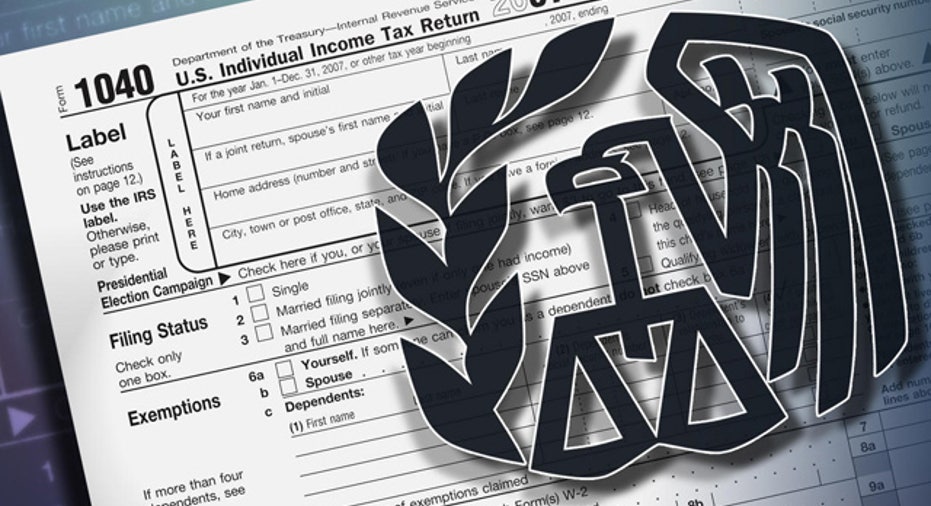IRS Auctions Great for Bargains, Or Not

When the housing bubble burst in 2008, the economy spiraled downward and homes, jobs, and investments were lost. Although many suffered from this downturn, a plethora of investors enjoyed great opportunities by picking up foreclosures and short sale properties at bargain basement prices.
Now that the economy is beginning to stabilize, these opportunities are fewer and farther between. But there are still great deals to be had. And some of those deals stem from IRS Auctions.
When a taxpayer cannot pay or refuses to pay back taxes, the IRS may seize property to satisfy the tax obligation. But first, the IRS must provide the taxpayer with a 30-day warning before seizing any property. This gives the taxpayer ample time to contact the IRS to set up payment arrangements, be deemed currently not collectible or submit an offer in compromise. Any of these actions will generally forestall a levy. Ignoring the IRS will eventually lead to levy action.
When facing an unresponsive taxpayer, the IRS will go after the debt by seizing bank account balances and garnishing wages. Only in the worst scenarios will the IRS seize major assets. I have yet to see a case where a home or other tangible property was taken when the taxpayer cooperated and made attempts to satisfy his obligation. But it could happen.
And when the IRS seizes assets, it offers the property for auction. This property could consist of automobiles, art, jewelry, collectibles, real estate, business assets, and even notes and patents. The IRS states, “The Internal Revenue Code requires that seized property be sold by Public Auction or Sealed Bid Auction. Either way, the auction is open to the public and bidding and rules conducted by an auctioneer (usually a Property Appraisal and Liquidation Specialist with the IRS). At the end of the bidding process or the opening of the sealed bids the highest recorded bid will be awarded the property being auctioned.”
Some property is exempt from levy. See IRS Code Section 6334 to see what the IRS cannot seize.
The bidder who wins the auctioned item will be required to pay for it within 48 hours.
You may consider this an excellent method of picking up real and personal property for investment purposes and it likely is. However, beware of certain caveats. For example, if the taxpayer whose property was sold can cough up the amount due to the IRS within 180 days of the auction sale, he will be allowed to redeem his property. You may lose out not only on the investment, but let’s say it was real property that you spent money improving. You may lose out on your capital expenditures.
And it’s not just the taxpayer who has the privilege of redemption. See what the IRS says:
- When seized real property is sold under IRC section 6335, IRC section 6337 gives the following individuals the right to redeem the property (see IRM 5.17.3.5.5, Redemption) at any time within 180 days after the date the successful bid is accepted by IRS: The owners The heirs, executors, or administrators of the owners Any person having any interest in the property Any person having a lien interest in the property Any person on the behalf of those listed above
- The owners
- The heirs, executors, or administrators of the owners
- Any person having any interest in the property
- Any person having a lien interest in the property
- Any person on the behalf of those listed above



















